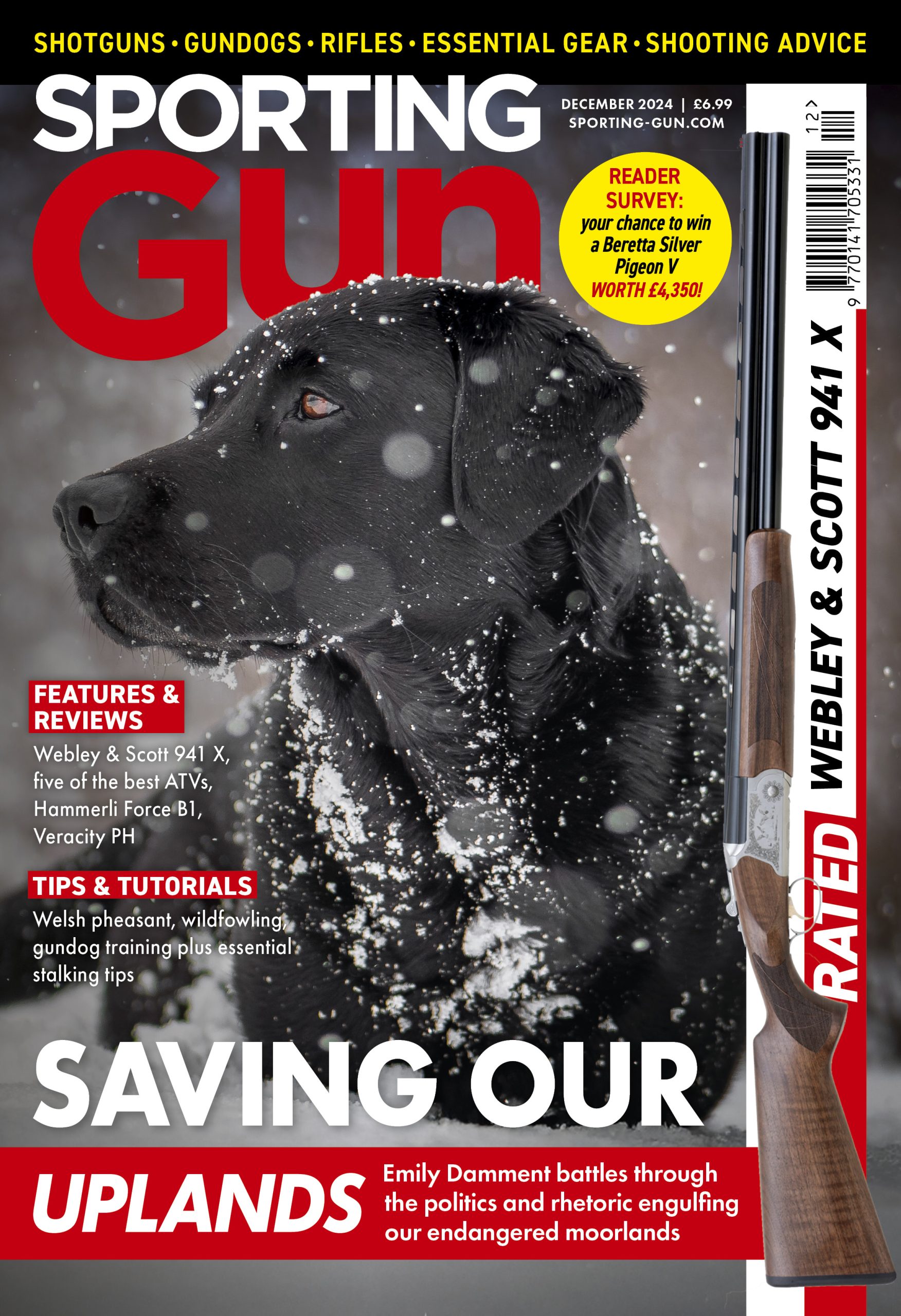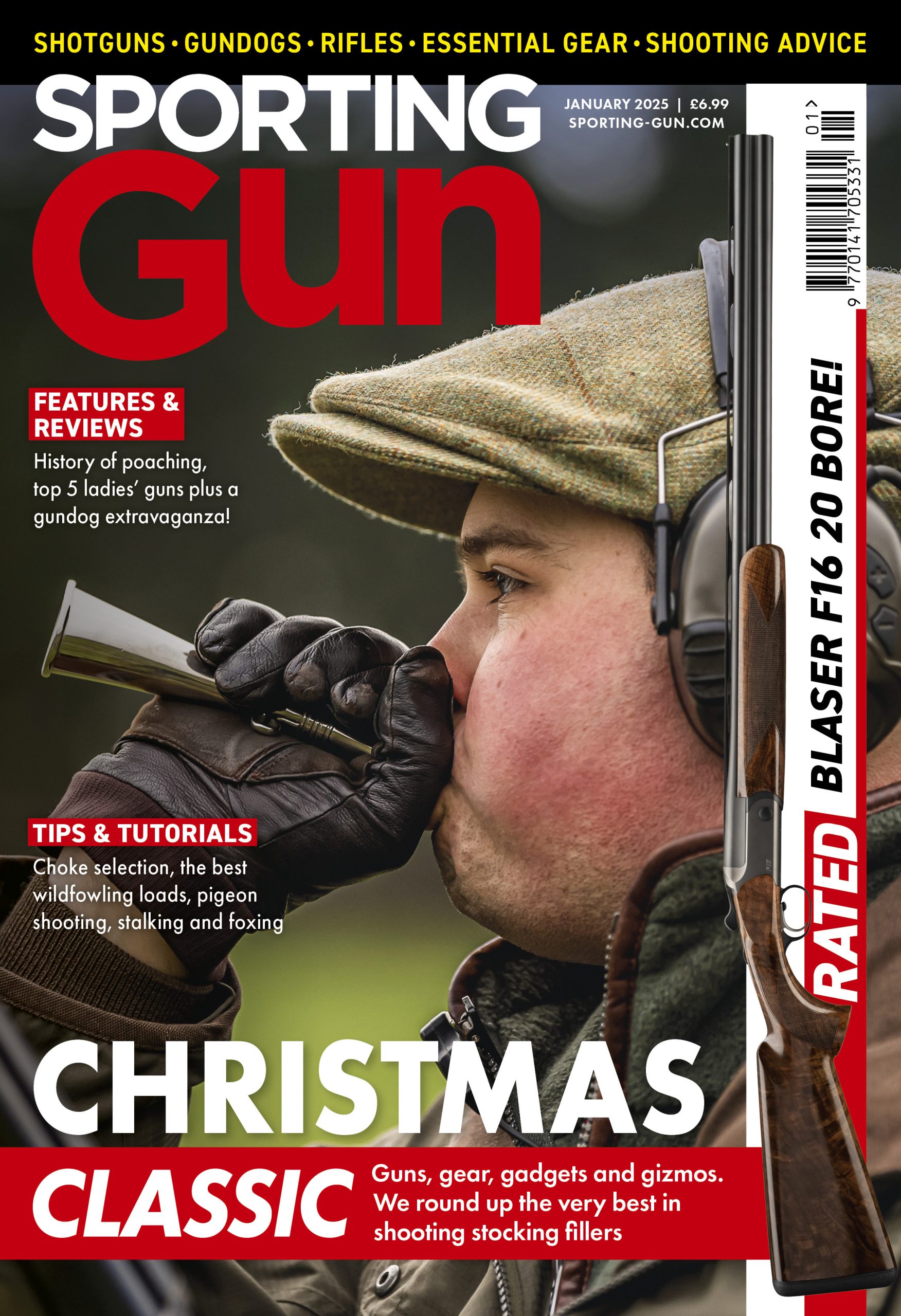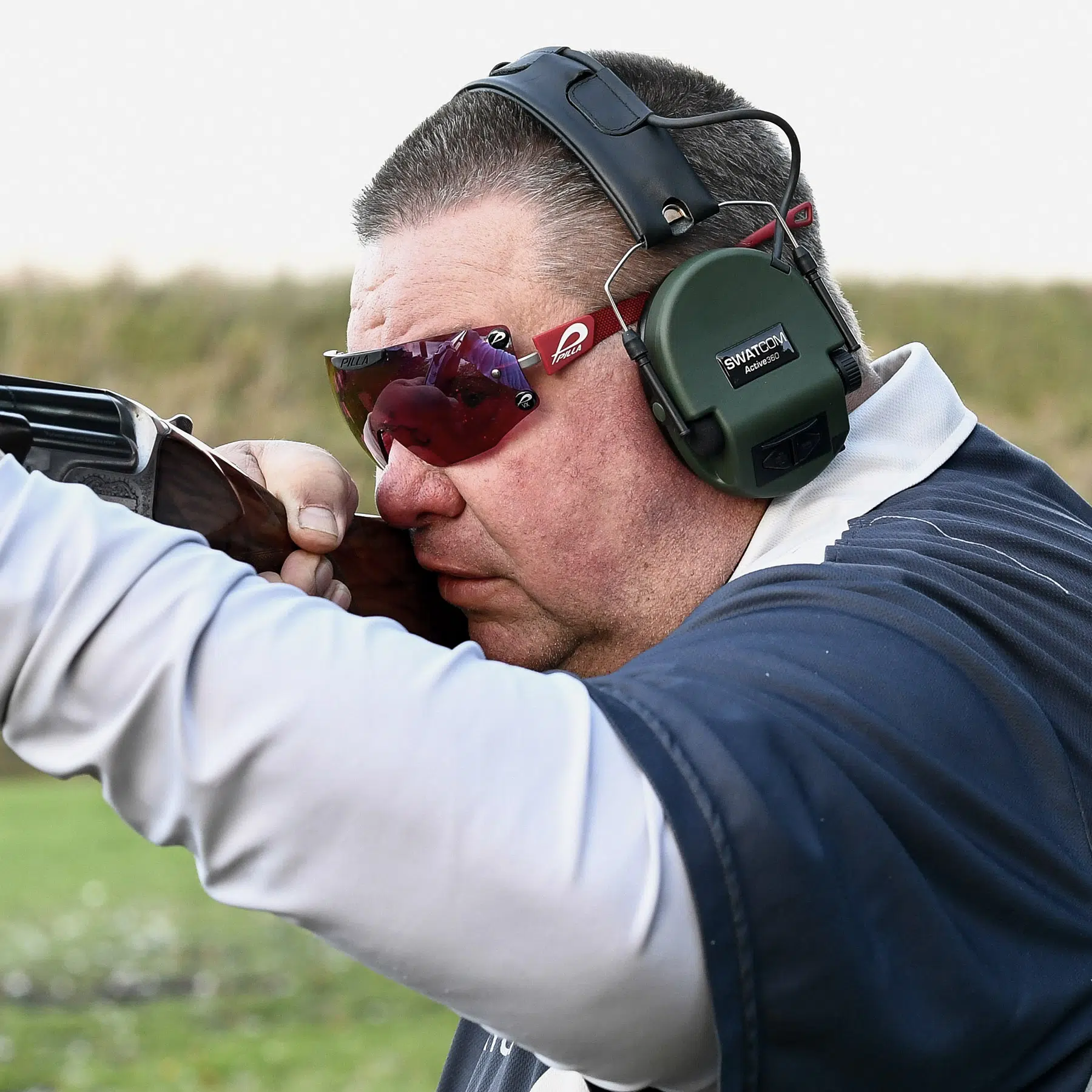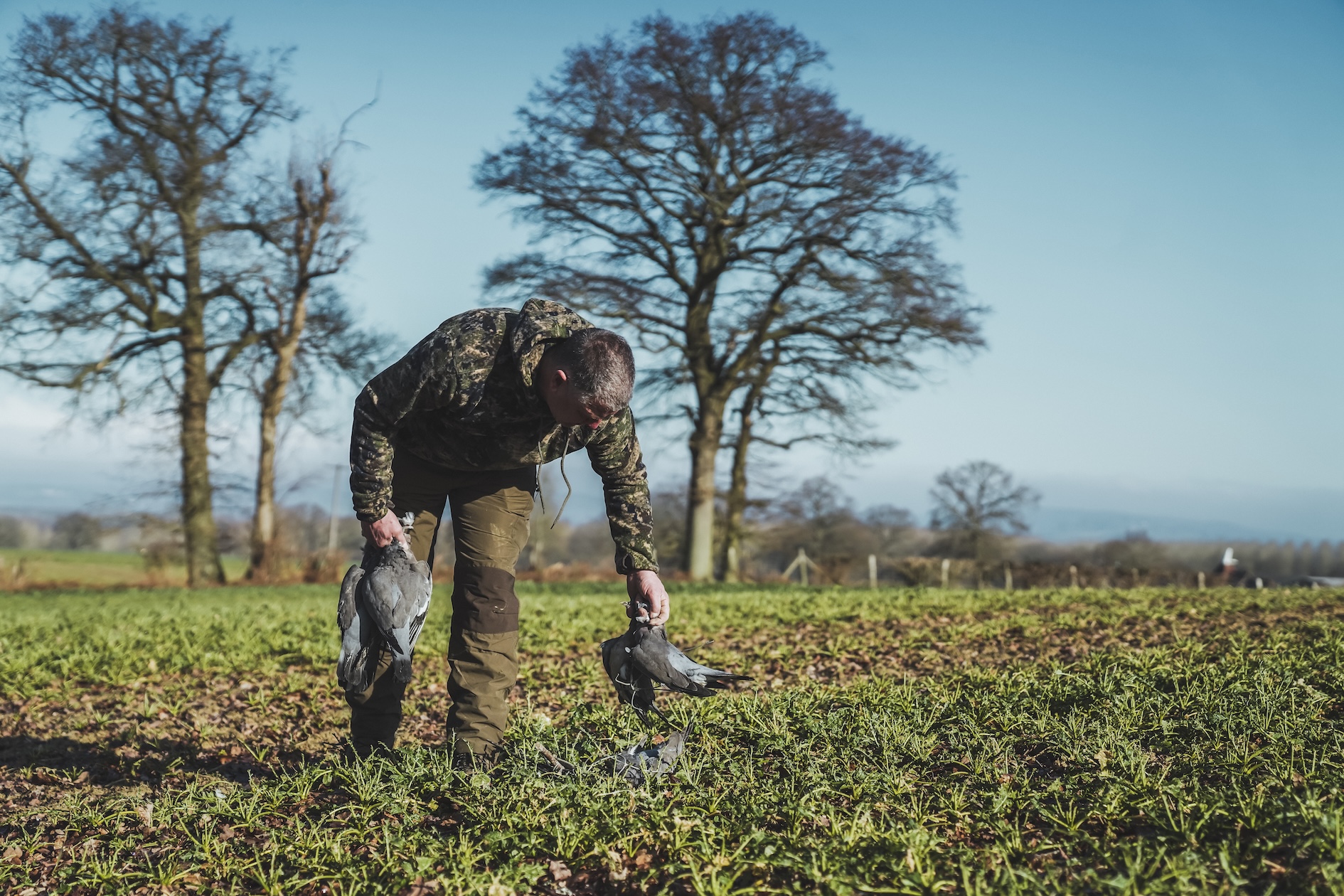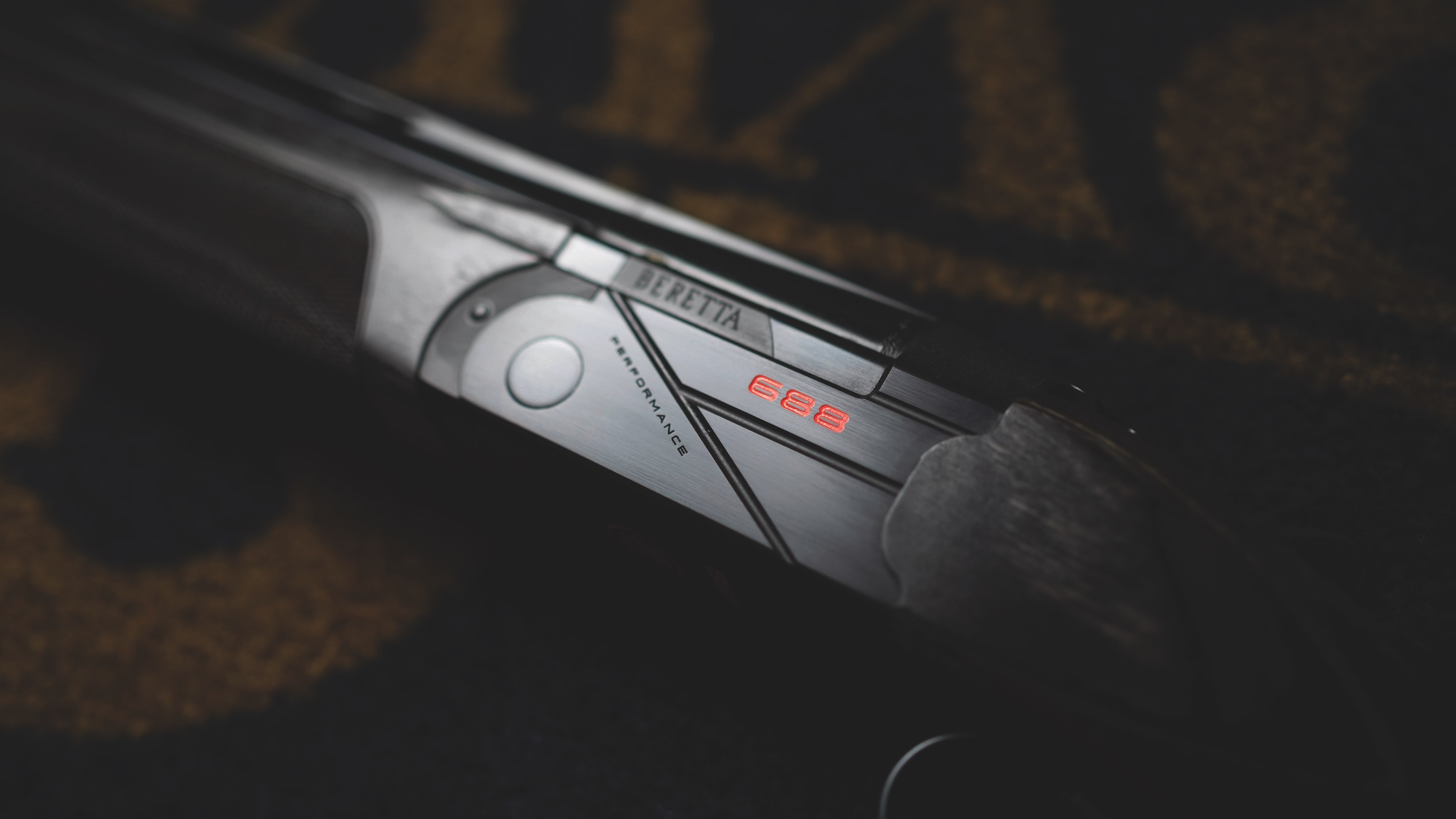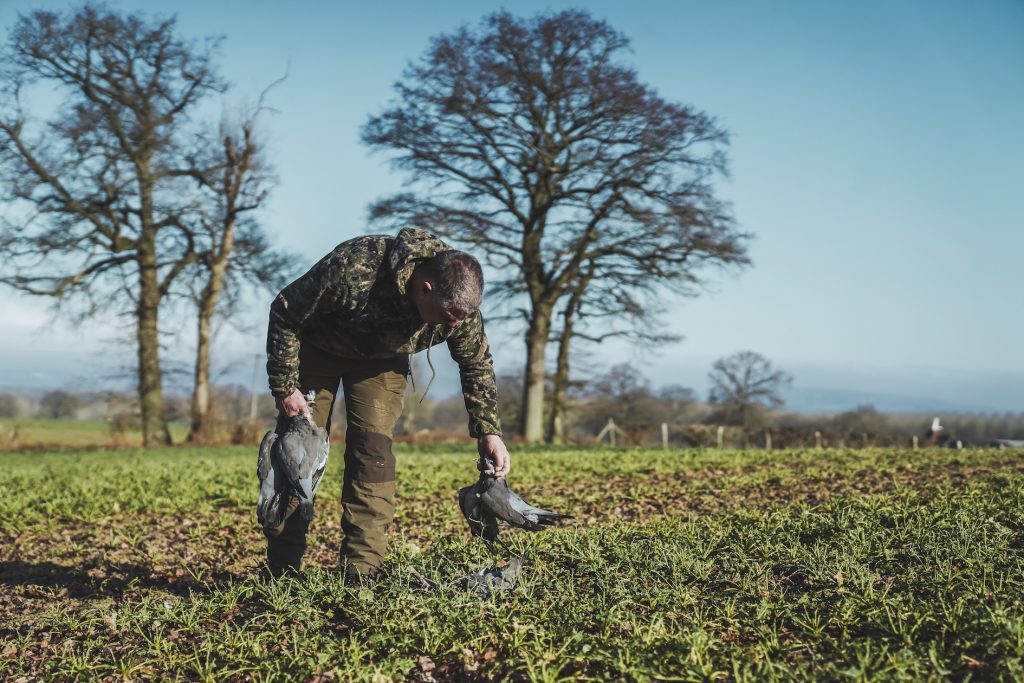★ Win a Schöffel Country shooting coat for everyone in your syndicate worth up to £6,000! Enter here ★
Signs of “gape” in pheasant poults
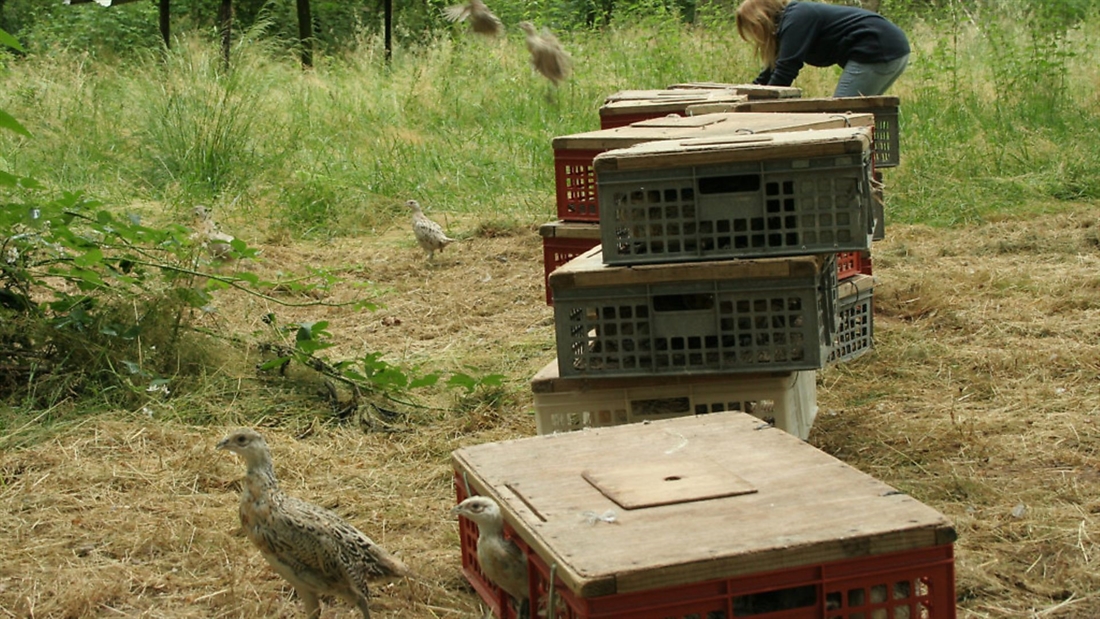
Vital information about “gape”, including how it is spread between pheasants and when you should treat your birds…
Q: How early can pheasant poults start to show signs of ‘gapes’ once they have been in the pens?
RITA ALVES of Daltons Game Consultancy replies: ‘Gapes’ is caused by Syngamus trachea, more commonly known as gapeworm. It is the most common worm in game birds and more likely to be a problem with birds after release. The adult worms live in the trachea (windpipe) of game birds and will make them cough and ‘snick’. The worms can also cause weight loss, anemia, weakness and reduced egg production. Death can occur by suffocation when worms block the airways.
Adult female gapeworms lay eggs that are coughed up and then swallowed by the birds. After they have passed out in the faeces, the eggs are not immediately infective. First, they have to develop into larvae which may remain for some time within the egg shell. Under favourable conditions – warm and damp – this development can occur in five days. If larvae are swallowed by poults, they penetrate the gut wall, migrate through the liver and lungs and can be found in the trachea after four days. Within eight days, birds might be coughing or gaping and from the 16th day, the worms will be producing eggs and starting another cycle of infection. Larvae can also be swallowed by earth worms or slugs and will remain dormant in these. Worm eggs can survive up to one year in the soil and in earthworms for years.
When young pheasants are moved to a pen, even in dry conditions, they can get infected with worms as the ground is likely be contaminated with eggs/larvae or hosts of the worm from previous years. Pigeons, rooks, blackbirds and other wild birds can also carry gapeworm infections and will contaminate the pens. For this reason, we recommend that birds are treated for worms after a week of being in the pens.
Related Articles
Get the latest news delivered direct to your door
Subscribe to Sporting Gun
Subscribe to Sporting Gun magazine and immerse yourself in the world of clay, game and rough shooting. As the leading monthly publication for passionate shooters at all levels, Sporting Gun delivers expert advice, practical tips and in-depth reviews to enhance your skills and enjoyment of the sport.
With features ranging from gundog training to pigeon shooting, and wildfowling to equipment recommendations, you’ll gain valuable insights from professional shooters and industry experts. A subscription not only saves you money on the cover price but also includes £2 million Public Liability Insurance, covering the use of shotguns, rifles and airguns for both recreational and professional use.
